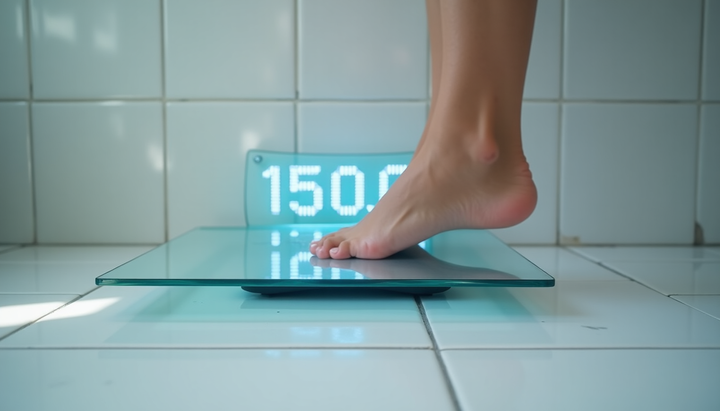Hungry for Life: How Skipping Breakfast Made Me Rethink Everything

Look, I'll be honest - I used to be that person who'd panic if I didn't have my 7 AM breakfast. "Most important meal of the day!" I'd chirp, while stuffing my face with what I thought was healthy granola. Boy, was I wrong.
Three years and countless research papers later, I'm here to tell you why going hungry might be the secret sauce to living longer. And no, this isn't another one of those "miracle diet" posts. Stick with me - this gets interesting.
The Time-Eating Paradox
Here's a mind-bender: what if our obsession with eating at "regular" times is actually killing us slowly? 🤔
Think about it. Our ancestors didn't wake up to alarm clocks and immediately reach for their breakfast smoothies. They lived in a natural rhythm of feast and famine. Yet somehow, we've convinced ourselves that missing a meal is basically criminal.
Breaking Down the Science (Without Boring You to Death)
So here's what actually happens when you don't eat for a while (and why it might make you live longer):
- Your cells go into repair mode (instead of constantly processing food)
- Your body gets better at handling stress (like that toxic coworker)
- Your inflammation levels drop (goodbye, random aches and pains)
- Your brain actually works better (yeah, I was shocked too)
I've seen the research papers, but more importantly, I've lived it. And trust me, the benefits are real.
Beyond the Obvious Benefits
Sure, everyone talks about weight loss with intermittent fasting. But that's like buying a Tesla just for the cup holders. The real magic happens under the hood.
During my experiments with both the 6-hour eating window and the 5:2 approach, I noticed:
- My energy became more stable (no more 3 PM crashes)
- My skin cleared up (unexpected bonus!)
- My sleep improved dramatically
- My relationship with food completely transformed
The Great Food-Timing Experiment
Let me share something personal. Last year, I decided to track my mood, energy, and productivity while trying different fasting schedules. Here's what I learned:
- The first week sucked. Like, really sucked. My body was basically throwing a tantrum.
- Week two was when things got interesting - I started feeling... lighter? Clearer?
- By month three, I couldn't imagine going back to my old eating patterns.
The Social Weirdness Factor
Let's address the elephant in the room - fasting can make you seem like a social weirdo. Try telling your friends you're skipping brunch because you're "in your fasting window." 🙄
But here's the thing - maybe we need to be weird. Maybe our current eating patterns are what's actually strange when you look at human history.
Making It Work (Without Losing Your Mind)
Want to try this but don't want to dive into the deep end? Here's my realistic approach:
- Start with a 12-hour overnight fast (basically, stop eating after dinner)
- Gradually extend your fasting window
- Listen to your body (seriously, this isn't a competition)
- Be flexible (some days you'll need to adapt)
The Bottom Line
Could skipping meals help you live longer? The science suggests yes. But I think the real value isn't just about living longer - it's about living better.
Have you ever tried intermittent fasting? Or are you thinking about it? Drop a comment below - I'd love to hear your thoughts and experiences. And remember, your body, your rules. Just because Karen from accounting swears by her 4 AM breakfast doesn't mean you have to follow suit.
P.S. If you're thinking about trying this, talk to your doctor first. I'm just a very enthusiastic researcher who loves questioning conventional wisdom, not a medical professional!
Want to dive deeper into the science of fasting? Check out my weekly newsletter where I break down the latest research in bite-sized pieces (pun intended).



